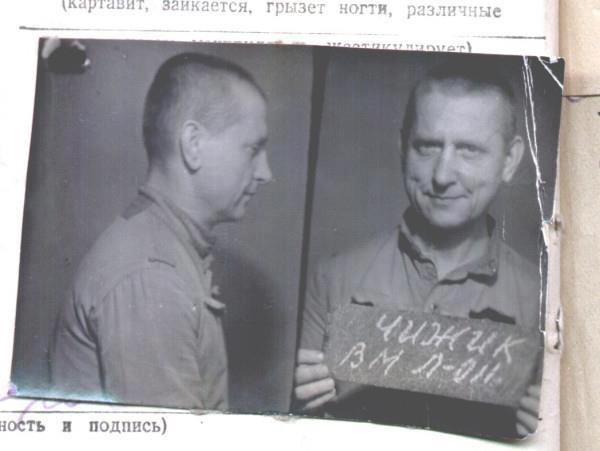The evils of the 20th century hold a strange fascination. We cannot help but read and reread accounts of totalitarian oppression, such as Elie Wiesel’s Night, Anne Frank’s Diary, Viktor Frankl’s profound Man’s Search for Meaning, and Alexander Solzhenitsyn’s Gulag Archipelago. Something about these experiences, primarily relating to the horrors of Naziism and Communism, speaks deeply to the resiliency of the human spirit that cannot be crushed even by the most brutal regimes. I also think we’re captivated by the brutality of those regimes because they epitomize in extreme form the inhumanity of our society, subject to the mass manipulation of our technologically saturated culture. They remind us that we live in an ever more dystopian world.
Catholics have their own heroic accounts of perseverance, including the heart-pounding The Shadow of His Wings by Father Gereon Goldmann or the more introspective The Road of Hope, the fruit of Cardinal Nguyễn Văn Thuận’s imprisonment in Vietnam. The priest, in particular, bore the brunt of persecution from oppressive regimes, seeking to wipe out the Church’s witness. The heart of the Christian priesthood is to make the sacrifice of Christ present to us through the Mass. Priest martyrs and confessors embraced a further conformity in making this same sacrifice present in the gift of their very lives. For instance, at the Dachau concentration camp, called the largest monastery in history due to the many priests sent there (2,579 to be precise), the Dutch priest Father Jean Bernard described with disturbing detail exactly how the inmates suffered with Christ, in his memoir Priestblock 25487: “On Good Friday last year the SS found some pretext to punish 60 priests with an hour on ‘the tree.’ That is the mildest camp punishment. They tie a man’s hands together behind his back, palms facing out and fingers pointing backward. Then they turn his hands inwards, tie a chain around his wrists and hoist him up by it. His own weight twists his joints and pulls them apart … Several of the priests who were hung up last year never recovered and died.” And yet the conformity that came out of this experience was more spiritual than simply imitative: “Yet we must forgive. We must forgive while remaining conscious of the full horror of what occurred, not only because nothing constructive can be built on a foundation of hatred — neither a new Europe nor a new world — but above all for the sake of him who commands and urges us to forgive, and before whom we, victims and executioners alike, are all poor debtors in need of mercy.”
Another priest, whose cause for canonization is now open, Father Walter Ciszek, recounts his own 24 years of captivity in the Soviet Union. In 1939, he slipped into the country along with Catholic forced laborers to minster to them, although he didn’t evade capture long. His spiritual masterpiece, He Leadeth Me, describes how God led him to a profound surrender through the extensive torture and psychological manipulation he endured. Contemplating this suffering, he reflects on why God allows such difficult things to happen: “Mysteriously, God in his providence must make use of our tragedies to remind our fallen human nature of his presence and his love, of the constancy of his concern and care for us. It is not vindictiveness on his part; he does not send us tragedies to punish us for having so long forgotten him. The failing is on our part.” God wants all us to become more like Christ, taking up our Cross and letting go of our attachments. Father Ciszek offered priestly witness in learning abandonment to God, imitating Christ’s own prayer on the Cross, “Father, into your hands I commend my spirit.” He reflects that “through the long years of isolation and suffering, God had led me to an understanding of life and his love that only those who have experienced it can fathom. He had stripped away from me many of the external consolations, physical and religious, that men rely on and had left me with a core of seemingly simple truths to guide me. And yet what a profound difference they had made in my life, what strength they gave me, what courage to go on!”
Perhaps the witness of these priests unlocks the fascination found in horrific accounts of sufferings, making us wonder, “how would I measure up?” Suffering can overwhelm us, especially the great horrors of war and government oppression, although God is present even in those moments, leading us to a greater trust and abandonment to him. Life does have purpose, even in the darkness of God’s seeming absence. Speaking for all the great priest witnesses who have walked the way of the Cross, Ciszek offers us a challenging encouragement: “And the greatest grace God can give such a man is to send him a trial he cannot bear with his own powers — and then sustain him with his grace so he may endure to the end and be saved.”




